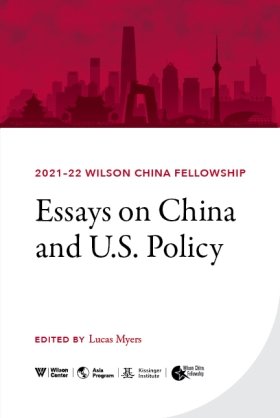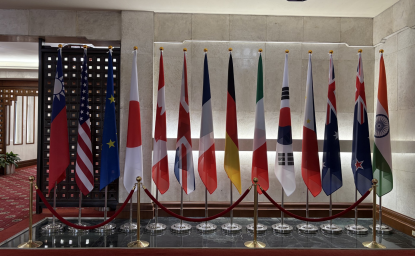Hong Kong’s Political Economy and the Crisis of Democracy

Abstract
Over the past two decades protests in Hong Kong have numbered in the tens of thousands to peak in 2019. Despite the incessant calls of Hong Kong citizens for a greater say in shaping everyday life and the national future, the Hong Kong government has responded violently and in July 2020 introduced a rigid National Security Law outlawing all forms of dissent, which it has used to prosecute po-litical activists and critics. Scholars and observers have viewed these events as the failure to fulfill constitutional promises of democracy under an increasingly au-tocratic government. This report argues that existing analyses overlook the role of the political economy both in driving protests and mobilizing state interest in the crackdown; furthermore, they do situate Hong Kong and China within an inter-national context of democratic backsliding and authoritarianism. Analyzing the nature and development of Hong Kong’s political economy and its legal structure over the past three decades, the report shows how the concentration of capital in contemporary Hong Kong has alienated people from economic life and offered little hope of a future. The manipulation of political democracy and deterioration of civic life by Beijing has only exacerbated the situation.
Implications and Key Takeaways
- Engage China on its stated commitment to democracy in Hong Kong by pushing for greater pluralism and the implementation of economic democracy.
- Negotiate rights of development and production including access to finance, defending small business, and removing barriers of intellectual property.
- Institute global rights of labor and push for the implementation of social inheritance.
- Foreclose Chinese retorts to U.S. criticism of anti-democratic practices by pursuing democratic reforms and developments at home.
- When necessary isolate China internationally by pursing a robust program of global democracy.
Author

Assistant Professor, Clements Department of History, Southern Methodist University.
Explore More
Browse Insights & Analysis
Why the US already knows how to fight cyber scams
